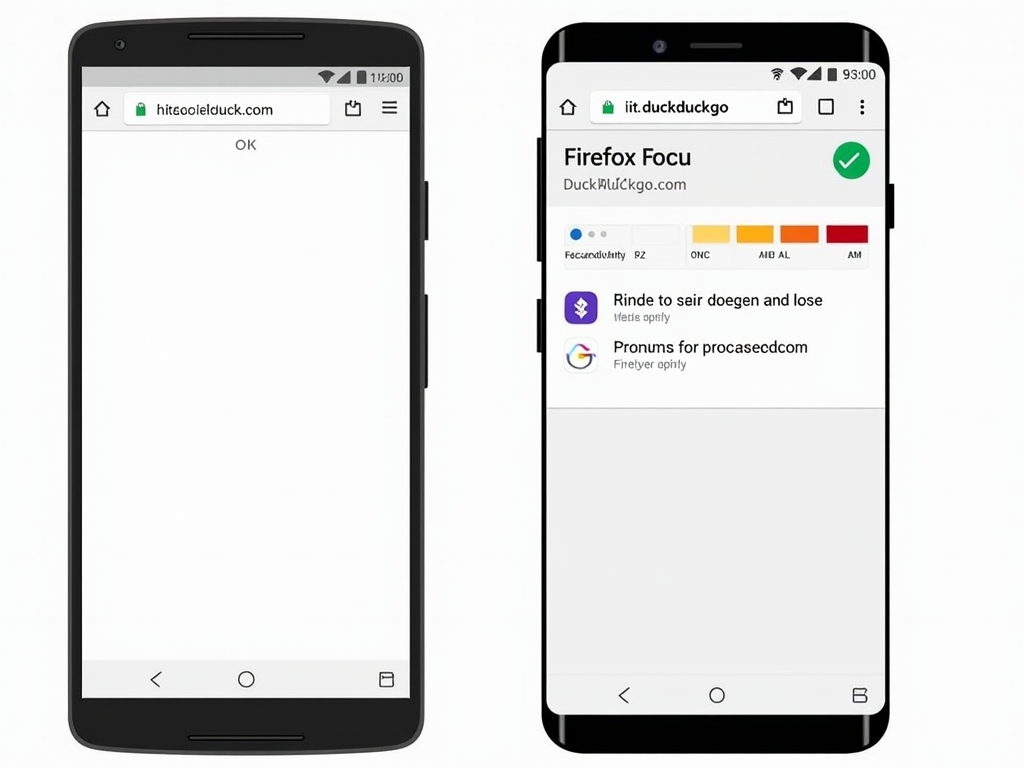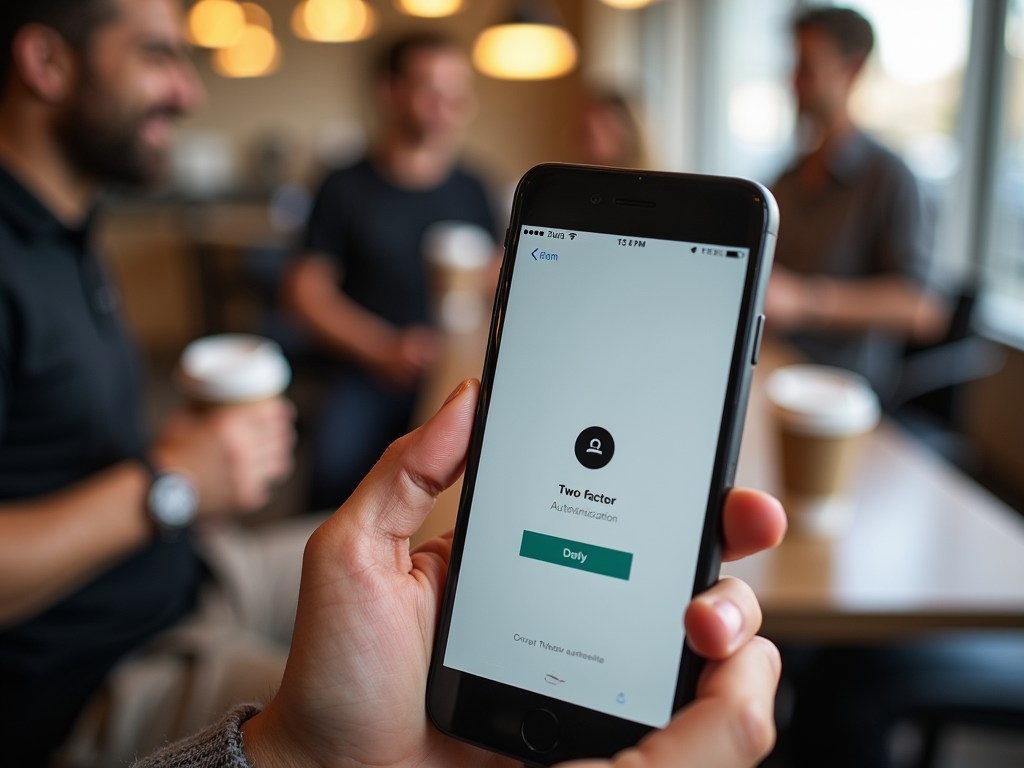Why Online Privacy Matters More Than You Think
Overview/S Jerseyummary
In a world where personal data is always at risk, protecting your online privacy has never been more vital. This article explores why online privacy matters, compares top privacy browsers, and shares simple steps to keep your digital life secure.
Why Online Privacy Matters
Online privacy isn’t just a buzzword—it’s a necessity. Every day, we share bits of our lives online, from what we buy to where we go. But this comes with risks. Data breaches, identity theft, and constant surveillance are real threats. According to a 2022 report from the Identity Theft Resource Center, data breaches hit a record high, exposing millions of people’s information.
I learned this firsthand a few years back when my email got hacked. Someone accessed my account, sending fake messages to my contacts. It was embarrassing and stressful, but it opened my eyes. My personal data wasn’t as safe as I thought. That experience pushed me to dig deeper into the importance of online privacy.
Companies track us too. They collect data on our searches, clicks, and even locations. This helps them sell ads, sure, but what happens if that info leaks? Or gets sold? It’s not just about ads—it’s about control over your own life. That’s why understanding and protecting your online privacy is so critical today.

The numbers back this up. A study by Pew Research Center found that 79% of Americans worry about how companies use their data. Yet many of us don’t act. We assume it’s too late or too hard. But it’s not. Small changes can make a big difference, and that’s what this article is about—showing you why and how to take charge.
Firefox Focus vs DuckDuckGo: Which Mobile Browser Is More Private?
Your browser is your gateway to the internet, so picking one that guards your privacy matters. Two standouts are Firefox Focus and DuckDuckGo. Both promise to keep your data safe, but how do they stack up? Let’s break it down.
Firefox Focus
Firefox Focus, from Mozilla, keeps things simple. It blocks trackers automatically and wipes your history when you close it. No fuss, no saved data. I’ve used it for quick searches—like when I’m shopping on my phone and don’t want ads following me later. It’s lightweight and fast, perfect for one-off tasks.
DuckDuckGo
DuckDuckGo takes a broader approach. It’s a full browser with a search engine that doesn’t track you. It blocks trackers too, and even grades websites on their privacy practices. I switched to it for daily use after my email hack. The extra features, like a built-in privacy dashboard, give me more control. It feels like a trusty sidekick.
My Take
So, Firefox Focus vs DuckDuckGo: which mobile browser is more private? It depends. Firefox Focus wins for simplicity—open, browse, done. DuckDuckGo offers more tools and flexibility. I lean toward DuckDuckGo because it fits my routine better, but both are solid picks for keeping your online moves private.

Research supports their value. A University of Maryland study on browser privacy found that tools like these cut tracking by up to 80%. That’s a huge drop in prying eyes. Whether you’re dodging ads or shielding sensitive info, these browsers are a great start.
Online Privacy Tools You Need
Browsers are just the beginning. To really lock down your online privacy, you need the right tools. Here’s a rundown of my favorites, based on what I’ve tested myself:
- VPNs (Virtual Private Networks)
A VPN hides your internet activity by encrypting it. I use NordVPN daily—it’s fast and has servers everywhere. It’s like a shield for your connection, especially on public Wi-Fi.
- Password Managers
Weak passwords are an open door for hackers. A password manager like LastPass creates and stores strong ones for you. I started using it after reusing the same password got me in trouble. Now, every account has a unique, tough-to-crack code.
- Encrypted Messaging Apps
For private chats, Signal is my go-to. It encrypts messages end-to-end, so only the sender and receiver can see them. I switched after hearing about WhatsApp data sharing—it’s been a game-changer for peace of mind.
These online privacy tools aren’t just extras—they’re essentials. They’ve saved me time and stress, and they can do the same for you.

Why bother? Because the stakes are high. The Federal Trade Commission reports that identity theft cases doubled between 2019 and 2022. Tools like these cut your risk. They’re easy to set up and worth every second.
Practical Tips for Protecting Your Online Privacy
Tools are great, but habits matter too. Here are some steps I’ve learned to keep my data safe:
- Use Strong, Unique Passwords
Don’t reuse passwords. Mix letters, numbers, and symbols. My old ‘password123’ days are over—now it’s random strings via my password manager.
- Turn On Two-Factor Authentication (2FA)
2FA adds a second check, like a code texted to your phone. I added it to my email after that hack. Once, at a coffee shop, I got a login alert—2FA stopped the intruder cold.
- Watch Out on Public Wi-Fi
Public networks are hacker playgrounds. Always use a VPN. I learned this when a friend’s bank details got swiped at an airport.
- Limit What You Share
Think before posting. I stopped tagging my location after realizing how much it revealed. Small tweaks like this add up.
These tips aren’t hard, but they work. They’ve kept me safe since that wake-up call, and they’re simple enough for anyone to try.

Here’s a quick table to sum up the basics:
| Action | Why It Helps | How I Use It |
|---|---|---|
| Strong Passwords | Stops easy hacks | Password manager generates |
| 2FA | Blocks unauthorized access | Text code for logins |
| VPN on Public Wi-Fi | Encrypts your connection | NordVPN on every trip |
| Less Sharing | Reduces exposure | No location tags online |
This mix of tools and habits has made my digital life safer—and less stressful.
Summary
Online privacy isn’t optional anymore—it’s a must. From dodging data breaches to picking the right browser, every step counts. Tools like VPNs and password managers, paired with smart habits, can protect you. Take control today; your digital life deserves it.
